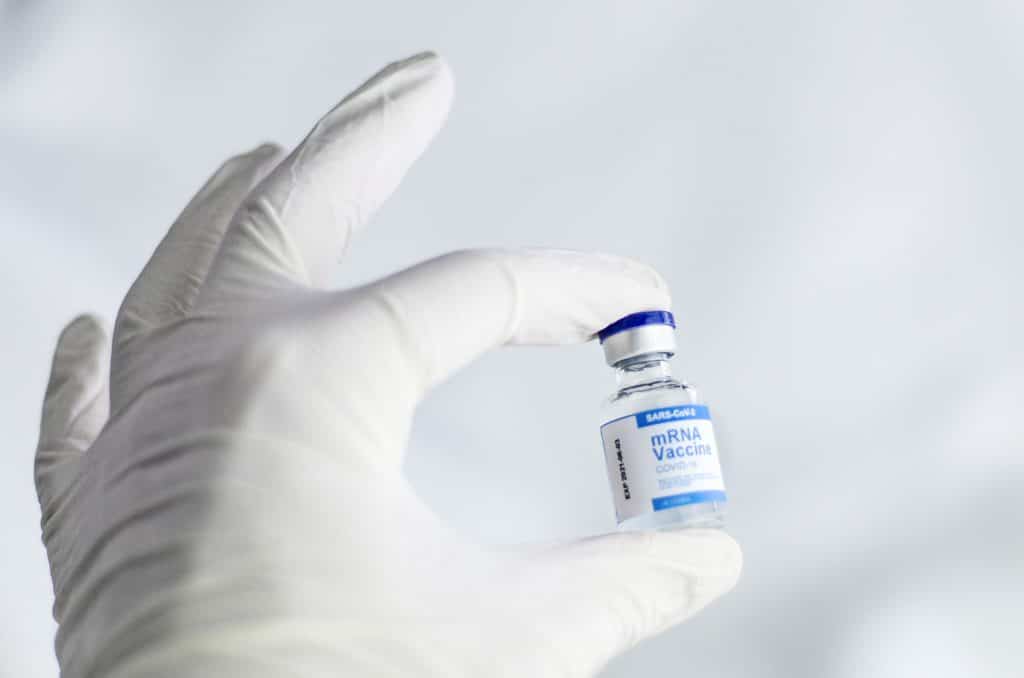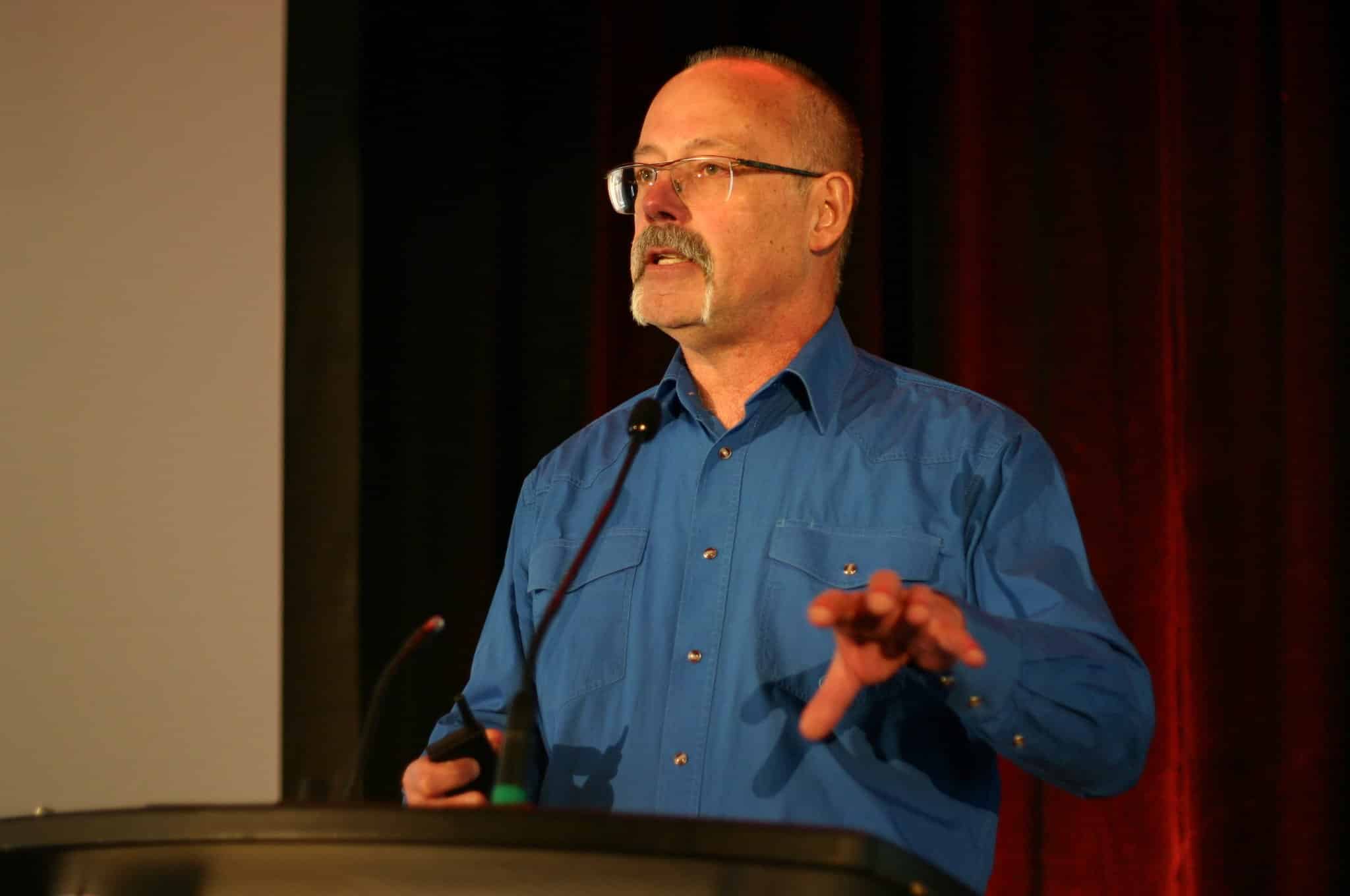Merriam-Webster chose “vaccine” as its 2021 word of the year, and for good reason. COVID-19 vaccines helped give the world hope in the midst of a pandemic and also were an unexpected boon to consumer acceptance of biotechnology.
Stuart Smyth, enhancement chair in agri-food innovation and sustainability at the University of Saskatchewan, says mass enthusiasm over the vaccines could very well help the public to further realize that biotechnology is hugely beneficial to Canadians and not something to fear.
“So much of the media coverage, thankfully, is making note of the fact that these vaccines are biotechnology-developed and is highlighting the safety and efficacy of this technology. The public has been seeing the words ‘biotech’ and ‘safety’ together as part of the daily conversation,” he said.
“The public has been greatly reassured by the biotech development of COVID vaccines and are thinking, ‘Well, if I’m willing to put a vaccine developed through biotechnology in my arm to prevent COVID, then my opposition to eating a genetically modified or gene edited food product is kind of irrelevant.'”
Smyth was joined by two other experts on an episode of Seed Speaks to try and answer an important question: are COVID vaccines a shot in the arm for the biotech discussion?
Joining Smyth and host Marc Zienkiewicz were Ron DePauw, science advisor for SeCan and one of Canada’s most well-known wheat breeders, and Dr. Kevin Folta, science communicator and podcast host based in Florida. They discussed the history of biotech in medicine, its use in plant breeding and agriculture, and how you can help educate the public about how biotechnology helps us immensely in our daily lives.
—This story is the third instalment in our Top 10 Stories of 2021.











